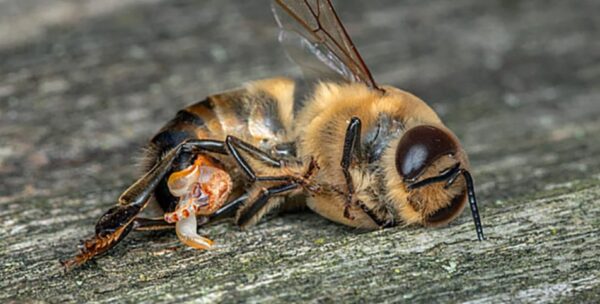Lifestyle
Why it is advisable to pee after s*x

Peeing after sex is always a good thing, especially for women. Because the urethra of a woman is shorter than that of a man, bacteria can readily enter and cause a urinary tract infection.
Peeing after intercourse may aid in the removal of microorganisms from the urethra. This aids in the prevention of UTIs.
Is it truly required? It isn’t required, but it is beneficial. Urinary tract infections can be avoided by peeing after intercourse (UTIs). Bacteria enters the urinary tract through the urethra and travels to the bladder, causing UTIs.
Your urethra (the orifice through which pee is expelled) is near to your vaginal opening if you have one. Your urethra releases both pee and sperm if you have a penis, but not at the same time.
After sex, peeing can help remove microorganisms from your urethra that were introduced during the intercourse. Although it isn’t a guaranteed method of avoiding sex-related UTIs, it is a simple approach to try.
It’s possible that you’ve heard that peeing after sex is good for you, especially if you’re a woman. This is because peeing removes bacteria from the body, which may assist to avoid the development of a urinary tract infection.
Peeing after intercourse is less crucial for males. Because guys have a longer urethra, this is the case. Bacteria from the vaginal area is therefore less likely to reach the bladder.
Although there is no proof that peeing after sex can prevent UTIs, there is no harm in doing so. It may help to reduce the risk of UTIs, particularly in women and those who are more susceptible to them.
Your sex life is directly affected by your bladder health. The bladder is a muscular, hollow organ that expands to hold urine and is located between the pelvic bones. Your bladder muscles relax as urine fills it up, but once it’s full, it sends signals to your brain that it’s time to empty it.
Bacteria can enter your urethra during sex, increasing your chances of contracting an infection. This is why it’s crucial to pee after sex because it flushes out the germs.










